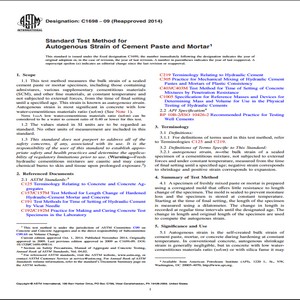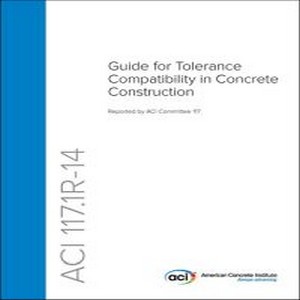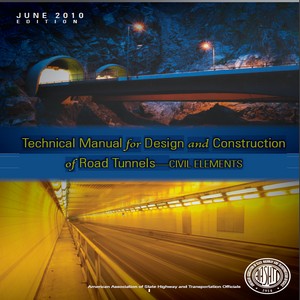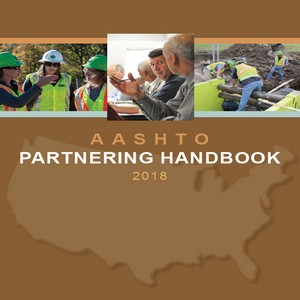ASTM C1698 − 09 Reapproved 2014 Standard Test Method for Autogenous Strain of Cement Paste and Mortar
৳ 3,799.00
ASTM C1698 − 09 Reapproved 2014 Standard Test Method for Autogenous Strain of Cement Paste and Mortar
ASTM C1698 − 09 Reapproved 2014 Standard Test Method for Autogenous Strain of Cement Paste and Mortar
Scope
1.1 This test method measures the bulk strain of a sealed cement paste or mortar specimen, including those containing admixtures, various supplementary cementitious materials (SCM), and other fine materials, at constant temperature and not subjected to external forces, from the time of final setting until a specified age.
This strain is known as autogenous strain. Autogenous strain is most significant in concrete with low water-cementitious materials ratio (w/cm) (See Note 1).
NOTE 1—A low water-cementitious materials ratio (w/cm) can be considered to be a water to cement ratio of 0.40 or lower for this test.
1.2 The values stated in SI units are to be regarded as standard. No other units of measurement are included in this standard.
ASTM C1698 − 09 Reapproved 2014 Standard Test Method for Autogenous Strain of Cement Paste and Mortar
Significance and Use
5.1 Autogenous strain is the self-created bulk strain of cement paste, mortar, or concrete during hardening at constant temperature.
In conventional concrete, autogenous shrinkage strain is generally negligible, but in concrete with low water cementitious materials ratio (w/cm) or with silica fume it may be considerable (1).5
Restraint of the autogenous strain by aggregates or adjoining structural members may result in formation of micro and macro cracks that impair strength, durability and aesthetics.
Cracks may also be a problem with regard to hygienic cleaning of surfaces.





Reviews
There are no reviews yet.